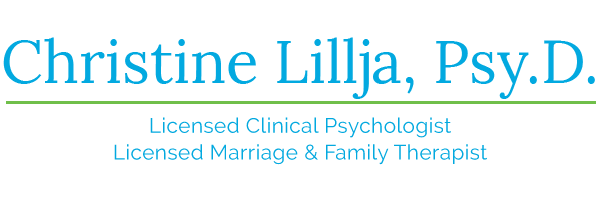Can Long-Term Isolation Lead to an Addiction?
We are living through some of the most stressful times in recent history. With the global pandemic raging on, many of us are still worried about our own health and the health of our loved ones, especially our older friends and family members. Many of us have also been hit with financial burdens. Some have […]



